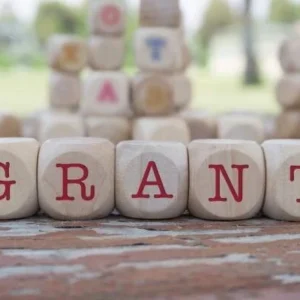The United Nations and India’s Ministry of External Affairs (MEA) have launched a pioneering partnership to promote sustainable development through South-South Cooperation. This collaboration, known as the ‘UN-India Global Capacity-Building Initiative’, aims to share India’s successful development models with countries across the Global South, helping them achieve their Sustainable Development Goals (SDGs).
Through this initiative, the UN will use its extensive international presence to link Indian institutions and innovations with countries based on their specific national priorities. The approach includes skills training, knowledge exchange, and pilot projects implemented through the UN India SDG Country Fund and India’s ITEC Programme.
The first partnerships under this initiative include collaborative projects with various Indian institutions and UN agencies. These efforts focus on improving digital healthcare access in Zambia and Lao PDR, strengthening Nepal’s fortified rice supply chain, boosting census capabilities in several Caribbean nations, and enhancing vocational education in South Sudan through public-private partnerships.
The initiative was officially launched on August 1 at an event hosted in New Delhi. MEA Secretary (West), Shri Tanmaya Lal, emphasized the program’s alignment with SDG-17, which promotes global partnerships for development. UN Resident Coordinator Shombi Sharp highlighted India’s leadership in South-South Cooperation, describing the initiative as an extension of India’s tradition of global solidarity under the philosophy of Vasudhaiva Kutumbakam.
Radhika Kaul Batra, Chief of Staff at the UN Resident Coordinator’s Office, noted that the initiative builds on India’s globally recognized ITEC program and is backed by a foundational contribution from the Gates Foundation to the UN India SDG Country Fund.
This launch follows letters of intent signed in September 2023 in New York by UN and Gates Foundation representatives in the presence of India’s External Affairs Minister Dr. S. Jaishankar, marking a significant step toward advancing global capacity-building through inclusive partnerships.







